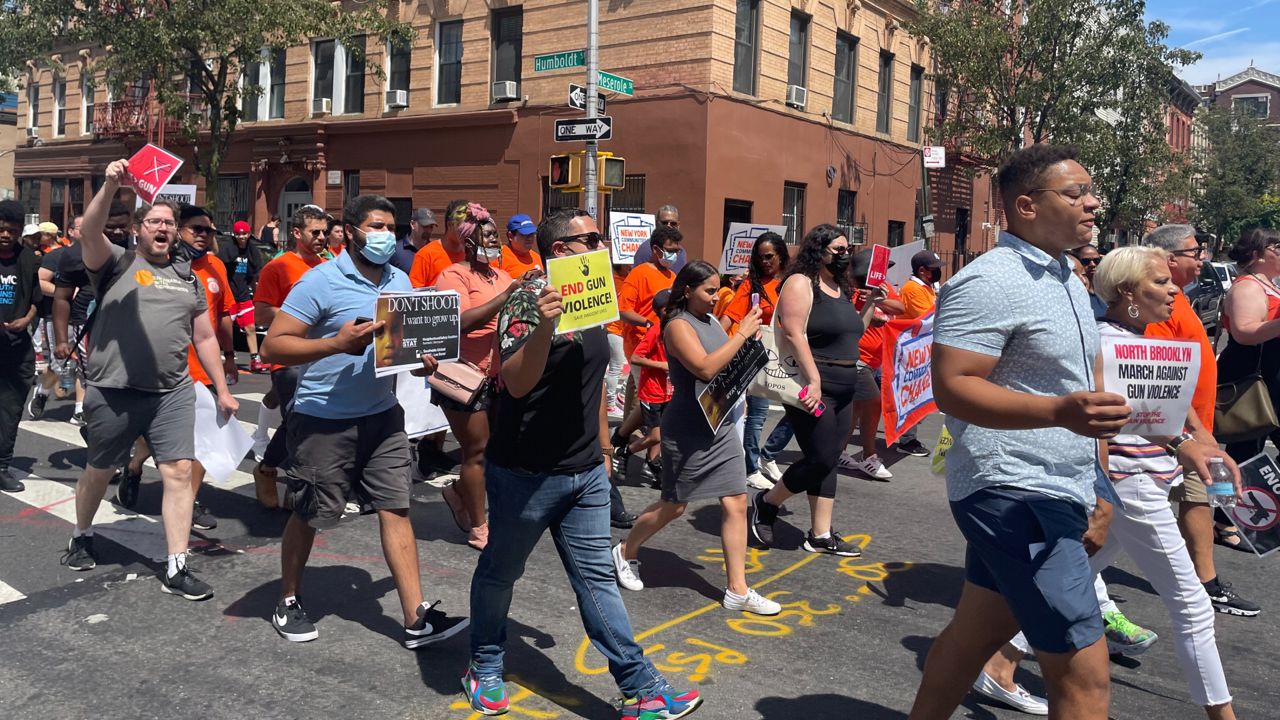Cases of Botulism-Like Illness After Cosmetic Injections with Botulinum Toxin (“Botox”) are Being Investigated in New York City and Nationwide
Patients Experienced Serious Symptoms Including Double-Vision, Shortness of Breath, and Difficulty Swallowing, and Have Been Hospitalized.
Our Bureau
New York, NY
The New York City Health Department is warning New Yorkers about reports of botulism-like illness following botulinum toxin injections (e.g., Botox, Daxxify, Dysport, Jeuveau, Xeomin), often referred to as “Botox.” This warning follows the identification of three New Yorkers who had symptoms of botulism following botulinum toxin injections. All three cases are under investigation; at least one involved administration by an unlicensed individual. Several cases have been reported elsewhere in the U.S., with many involving unlicensed providers, potentially counterfeit products, or services given in non-clinical settings, such as homes and spas.
“Though it may seem simple, botulinum toxin injections are a medical procedure,” said Health Commissioner Dr. Ashwin Vasan. “New Yorkers should not be getting injections from friends or at parties, and they should not be getting them from non-medical professionals such as beauticians or aestheticians. A price that is too good to be true, or if a service provider does not explain the risks and side effects of the procedure, are clear warning signs that the products or services may not be legitimate and could pose a risk to your health.”
Botulinum toxin injections are made from the same toxin that causes a neurological condition called botulism. The toxin attacks the body’s nerve cells causing muscle paralysis — especially facial muscles of the eyes, face, and mouth, before spreading to the arms and legs. Severe cases can lead to difficulty breathing, and even death.
The version of this toxin used in legitimate products is manufactured to reduce the risk of these side effects, in order to produce only the intended results. Legitimate products are approved by the U.S. Food and Drug Administration (FDA) for cosmetic and medical use. People are more likely to develop a botulism-like illness or other adverse reactions following a botulinum toxin injection if the product is counterfeit or unlicensed, or if the product — even if approved by the FDA — is administered incorrectly.
Cosmetic procedures can fall under a range of city, state, and federal regulations associated with the products used, licenses of personnel who carry out the procedure, and places where administration of such procedures takes place. Consumers, however, should exercise caution. The US Food & Drug Administration recommends confirming with medical professionals that they are licensed and trained to administer the product and that products are from an authorized source.
The three affected individuals in New York City received injections with botulinum toxin in their face, neck, upper back, or armpits, between February 8 and February 28, 2024. Symptoms began days to weeks after the procedure and included double vision, drooping eyelids, dry mouth, difficulty swallowing, hoarseness of voice, shortness of breath, and difficulty raising arms. All three patients went to emergency departments and two were hospitalized, including one person admitted to the intensive care unit. Anyone experiencing symptoms following a botulinum toxin injection should seek medical attention immediately and tell their medical provider that they received an injection. Health care providers should also ask about recent cosmetic procedures or injections in patients experiencing botulism-like illness.
State and federal officials have been notified of the recent cases in New York City, and the source of the botulinum toxin products injected and circumstances surrounding the procedures are being investigated. The Centers for Disease Control and Prevention (CDC) is coordinating a multistate investigation. The FDA is also investigating.

























